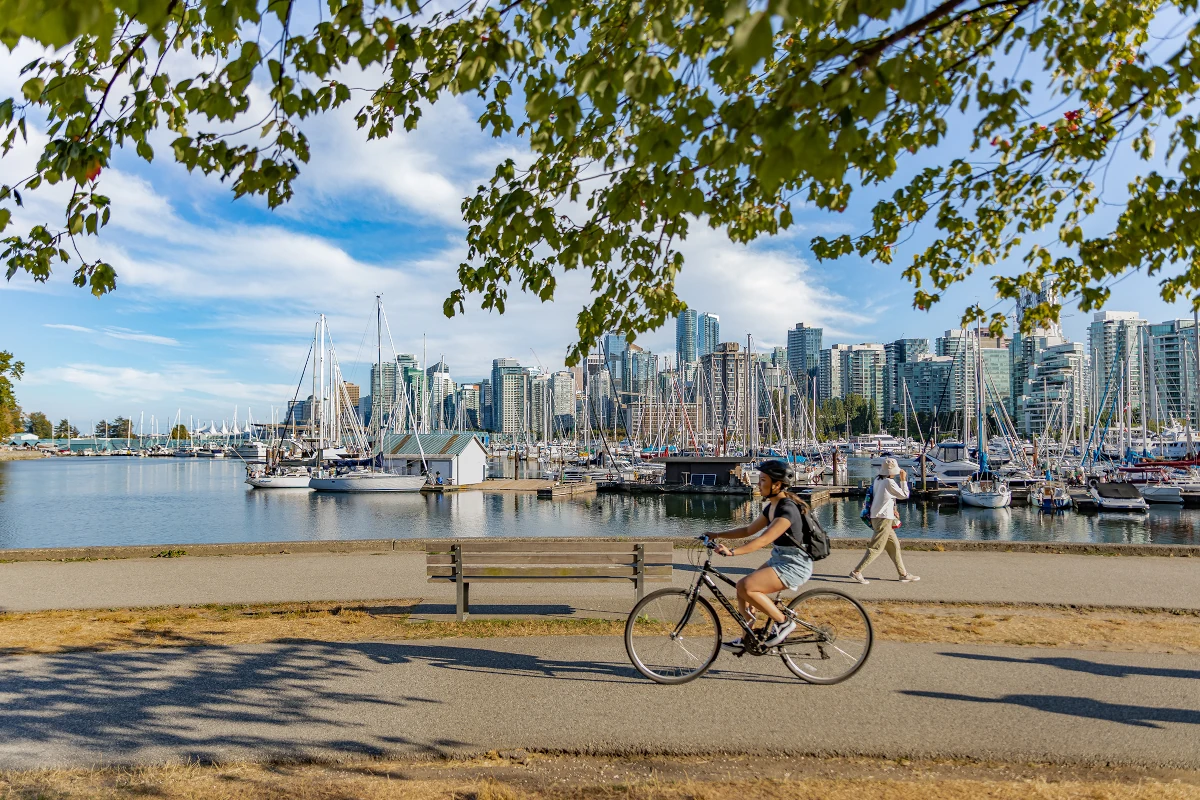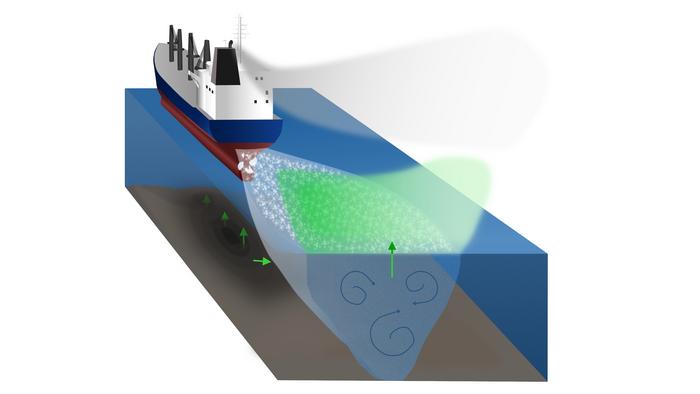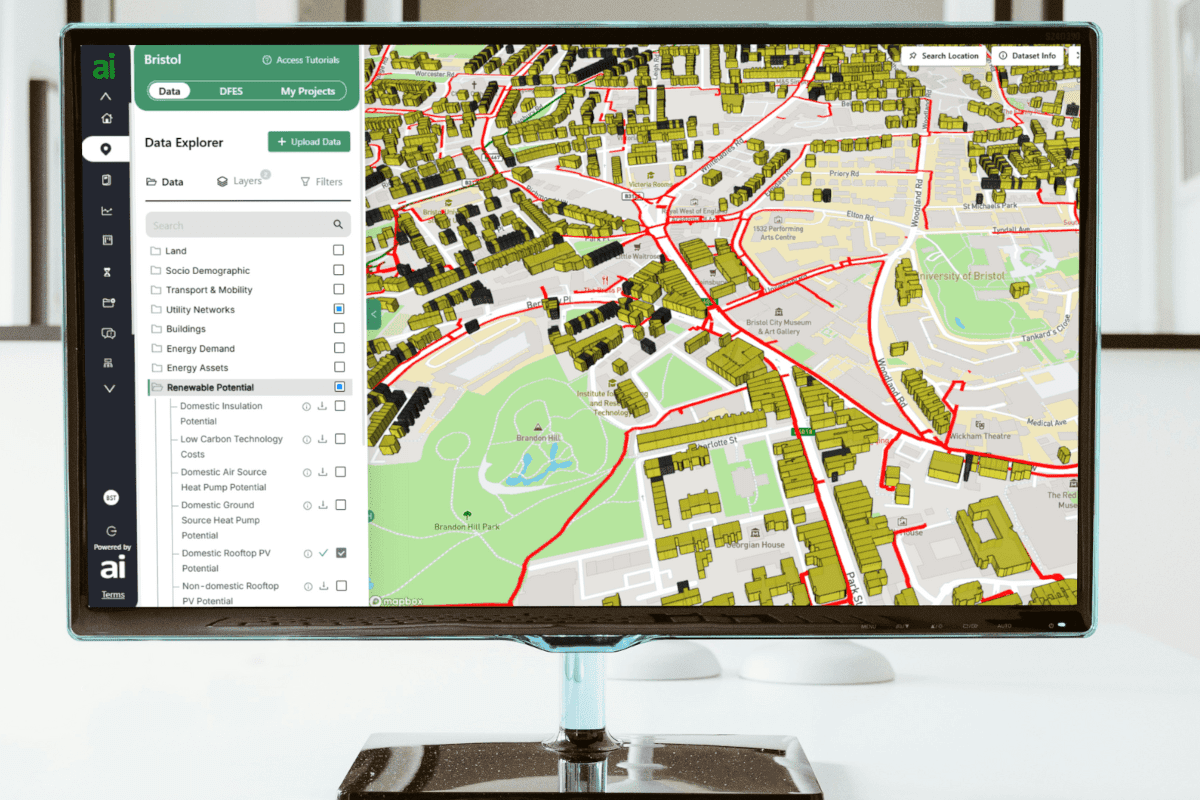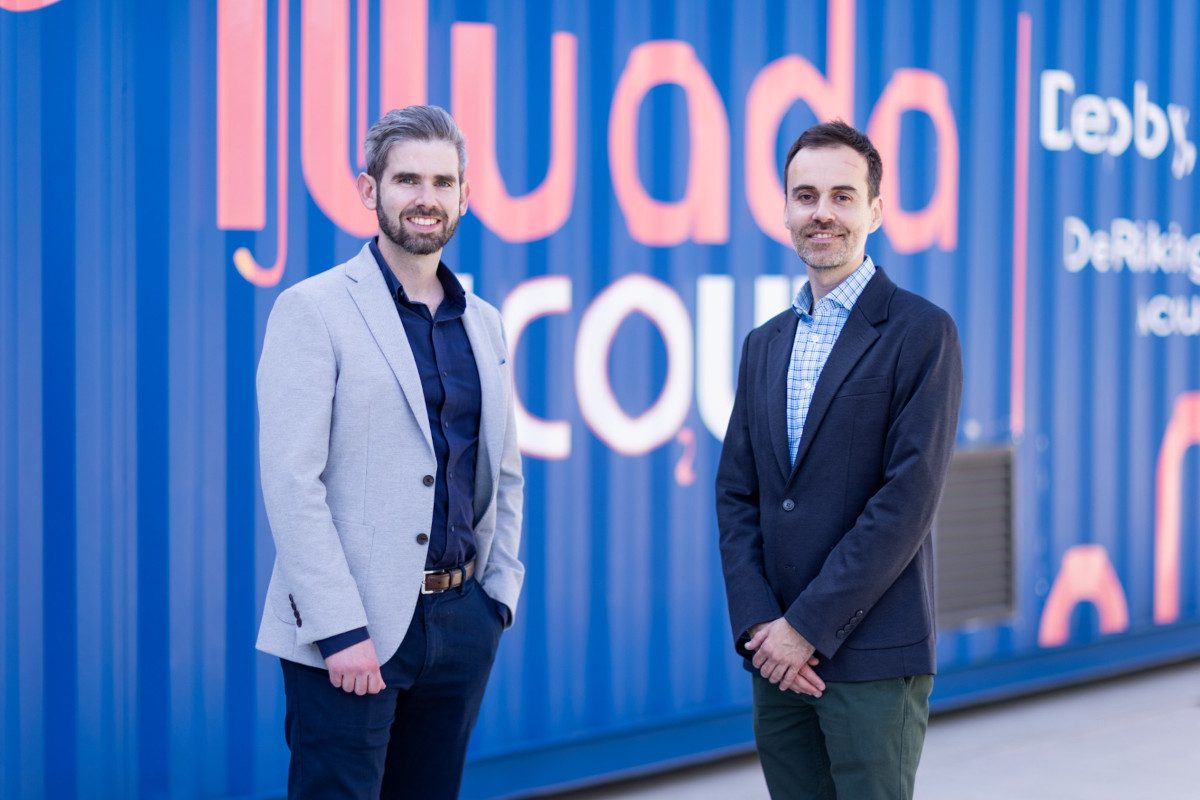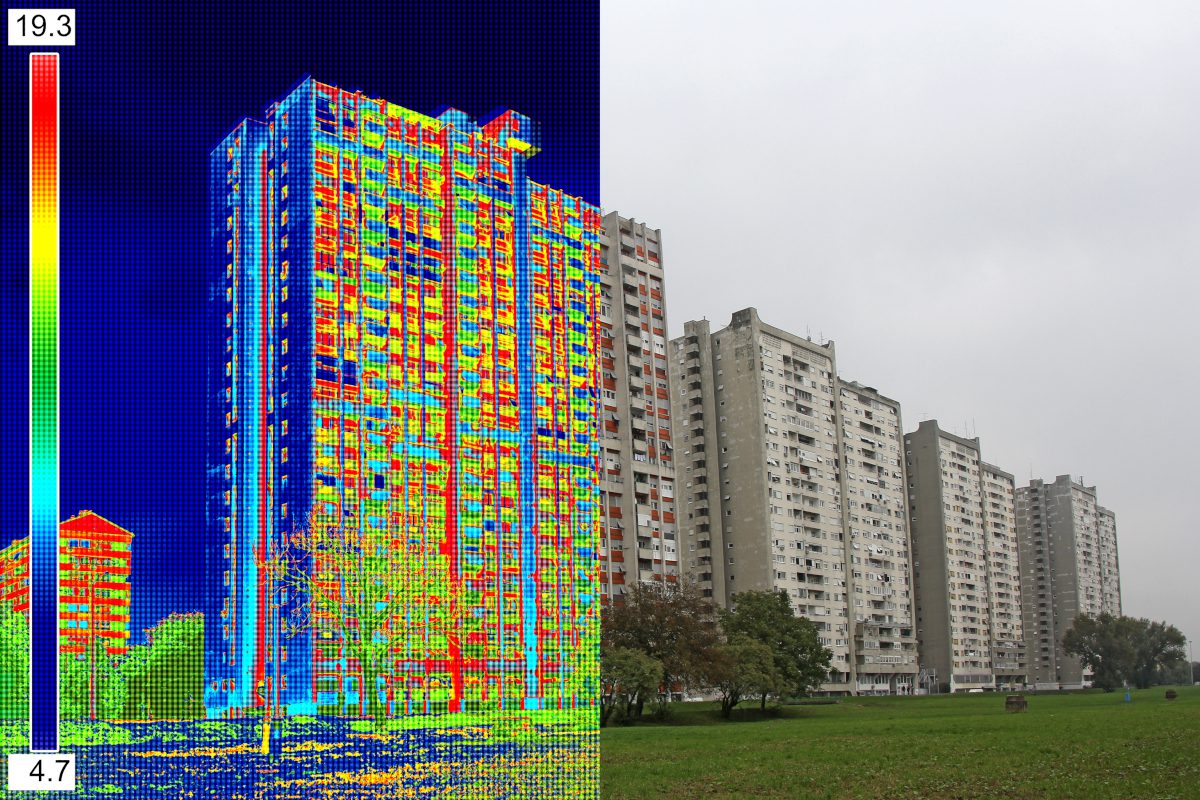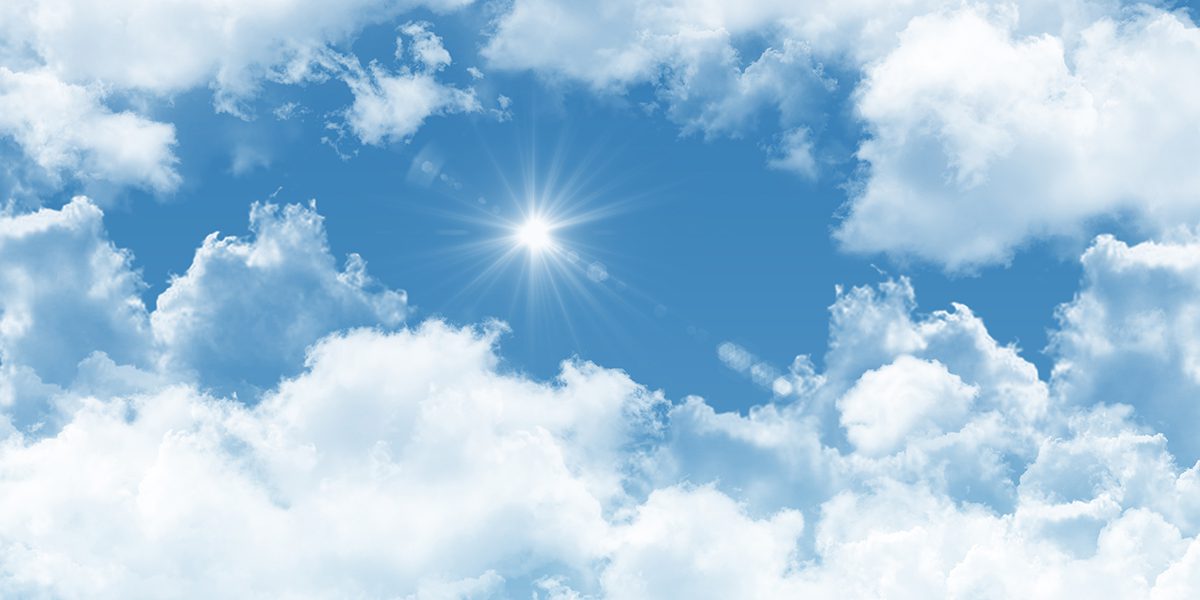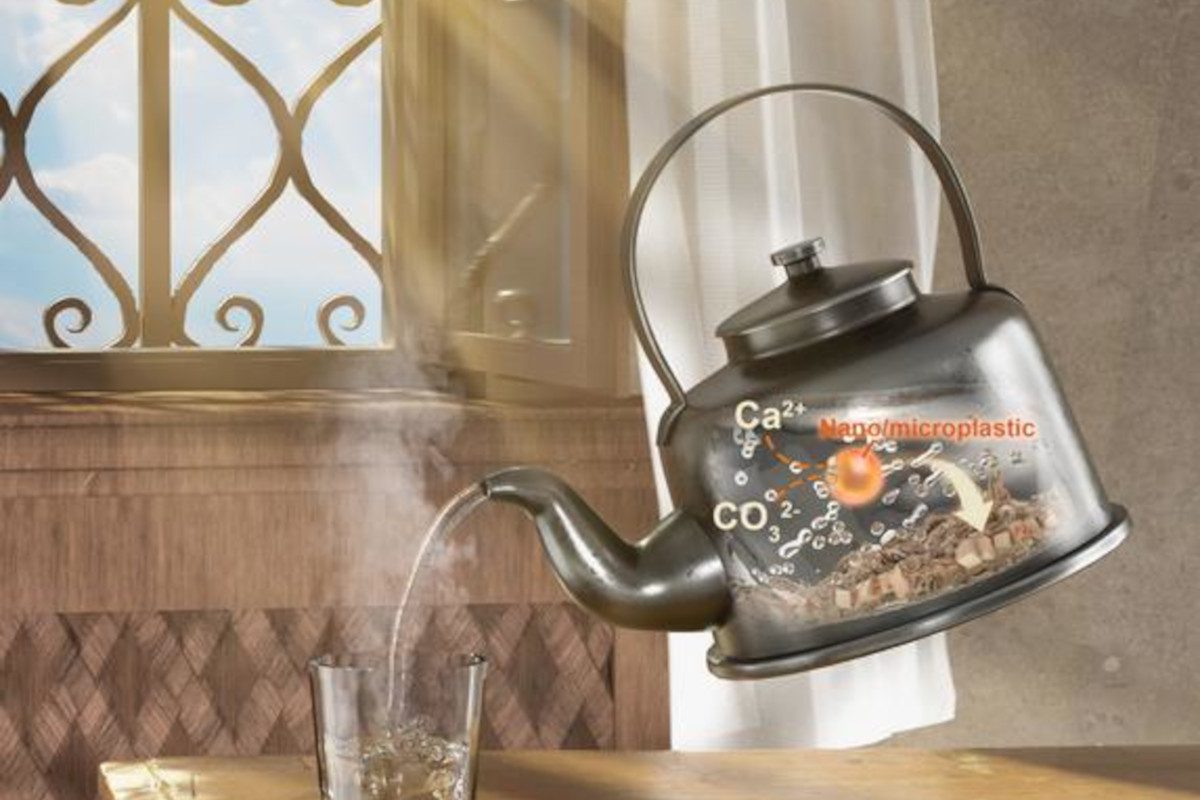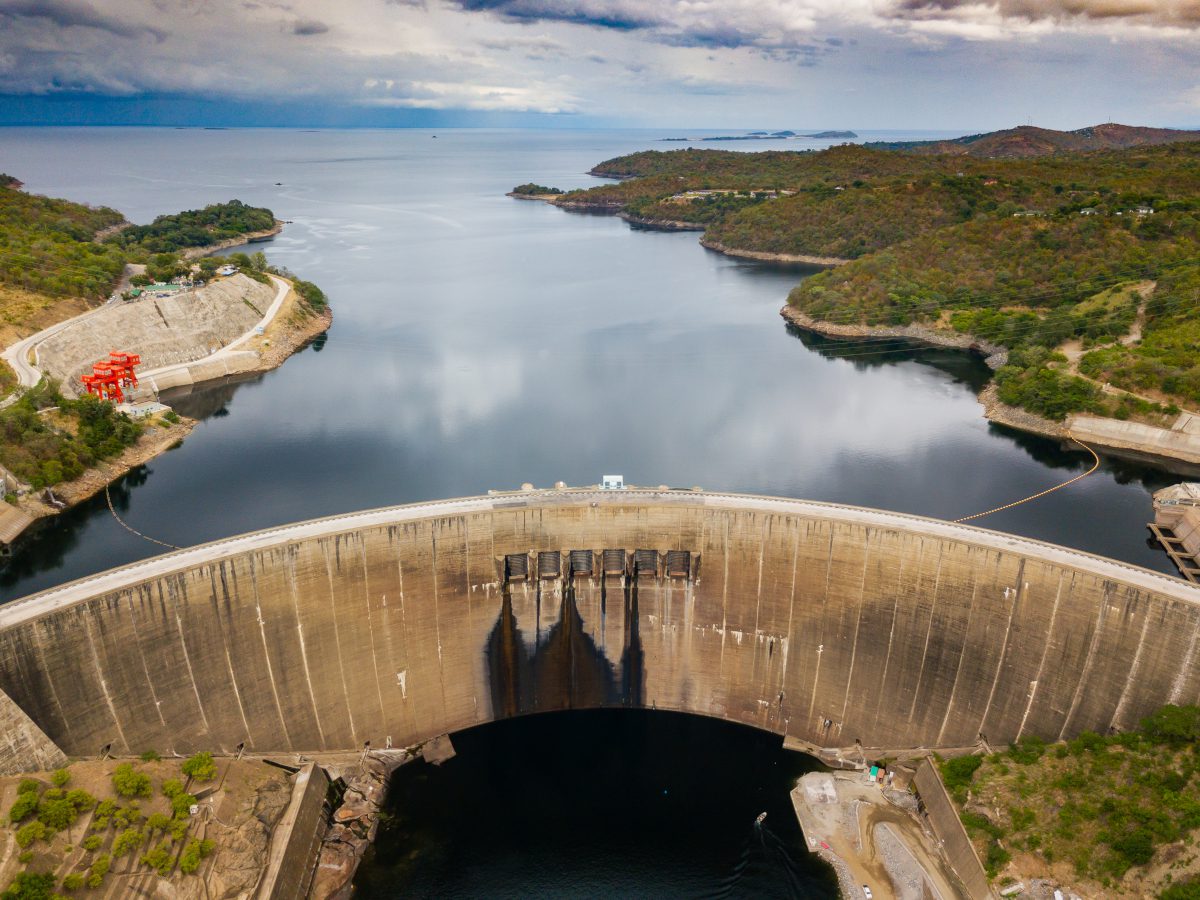University of British Columbia researchers say they have uncovered surprising insights into the Vancouver region’s “smellscape” using data from the Smell Vancouver app. Analyzing 549 reports from one year of app data, they discovered that “rotten” and “chemical” odours dominated, making up about 65 per cent of submissions. These unpleasant smells were linked to self-reported health issues like headaches and anxiety, leading some residents to change their behaviours, like closing windows even in stifling-hot weather.
“The reports illustrate how odours can be more than just a nuisance—they can impact physical and mental health, well-being, and quality of life,” said Dr. Amanda Giang, senior study author and assistant professor in UBC’s department of mechanical engineering and the Institute for Resources, Environment and Sustainability.
The app identified major sources of urban odours, including waste management and industrial activities. Four municipalities—City of Vancouver, Delta, Burnaby and Richmond—emerged as hotspots, each with its own distinct smell profiles and associated symptoms. Reports from Vancouver overwhelmingly focused on animal processing, while Delta saw higher complaints about garbage and compost, farming and cannabis.
Crowdsourcing science
With more than 3,500 reports logged, the app showcases the power of “crowdsourced science” in offering a more detailed view of urban air quality.
“Traditional air quality measurements are limited by their fixed locations and set sampling intervals, often missing the rapid onsets and impacts of odours,” explained Dr. Sahil Bhandari, co-author and former postdoctoral researcher in UBC’s faculty of applied science. “In addition, smell experiences are highly personal—what’s unpleasant to some people may be acceptable to others – and often occur in areas where monitors aren’t located. All this creates information gaps that traditional systems can’t address.”
Dr. Bhandari highlighted an instance where the app detected a strong foul odour from a refinery incident ahead of official reports, underscoring its potential for timely public awareness and emergency response.
Broader and more diverse participation
Despite these insights, more public participation is needed – for example, the app mainly attracted white women aged 30 to 49 without chronic health conditions and men from the highest income bracket. The researchers’ future studies will aim for more representative reports to provide a fuller picture of urban smells and their impacts.
Dr. Naomi Zimmerman, co-author and assistant professor of mechanical engineering at UBC said: “Integrating crowdsourced data into urban planning and policy can enhance responses to unpleasant smells. The SmellVan project underscores the need for policies that address odour sources, their broader health impacts and the importance of including diverse community demographics and perspectives.”
The study was published in July in the journal Environmental Research: Health. To schedule interviews with the researchers, please contact [email protected]




